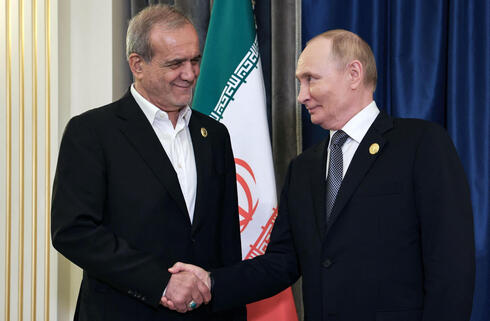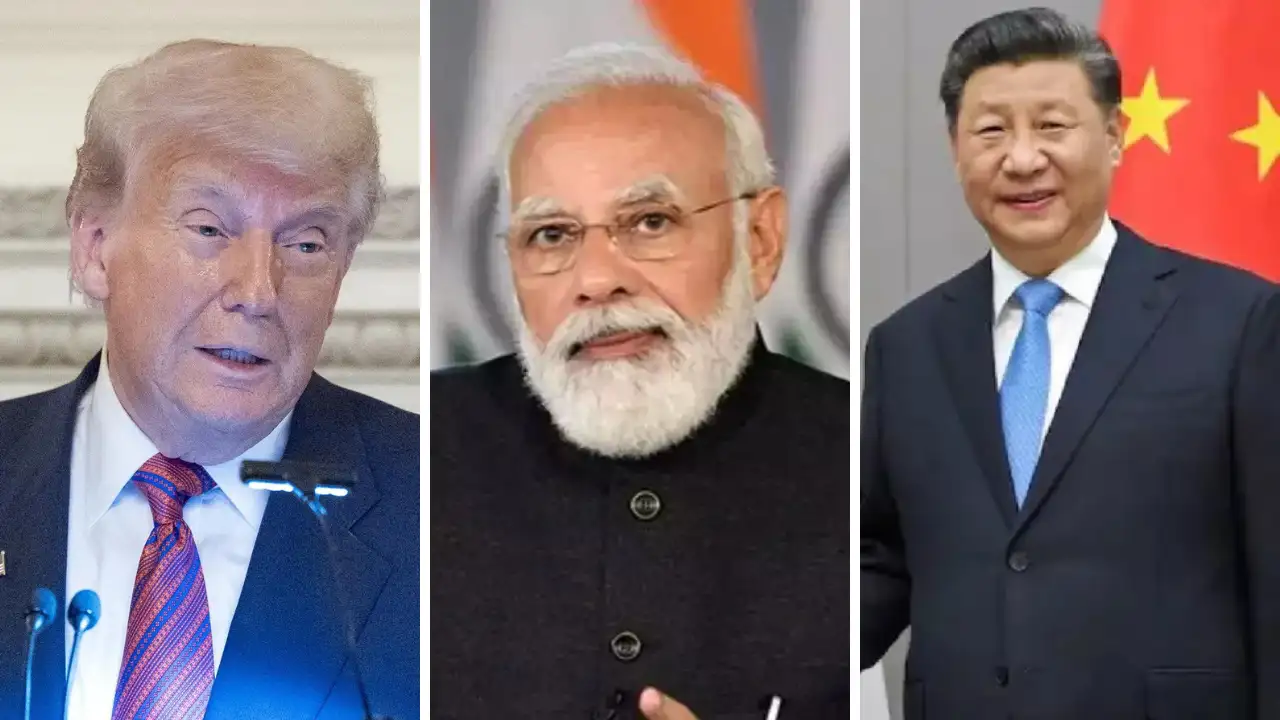By Lior Ben Ari
Copyright ynetnews

An Iranian lawmaker claimed the country has successfully tested one of its most advanced intercontinental ballistic missiles, even as President Masoud Pezeshkian vowed Saturday that Iran would withstand international sanctions and any foreign attacks. The comments came days after the Saudi-funded opposition channel Iran International reported missile launches near Tehran, citing videos and photos of glowing objects in the sky over the capital and the northeastern cities of Gorgan, Sari and Semnan. Mohsen Zanganeh, a member of parliament, told the station that “two nights ago we tested one of the most advanced missiles in the country, which had not been tested until now, and it succeeded.” He added that “even under these circumstances, we are conducting a security test with an intercontinental missile.” Iranian social media users circulated images of bright streaks in the night sky Thursday, with one channel describing the event as “a successful test of an advanced missile from Semnan.” Later, the channel published similar photos from Tehran and other cities. The semi-official Fars news agency said a glowing object had been observed in several areas and quoted officials in Golestan and Semnan provinces who described the incident as an internal systems test. Iran has faced a series of unexplained incidents in recent months, including explosions and fires at sensitive sites, which opposition outlets have highlighted but state media have often not explained. On Friday night, Iran International reported what appeared to be air defense activity near Karaj, west of Tehran. Officials did not comment. Meanwhile, Pezeshkian said Iran could overcome sanctions after the U.N. Security Council rejected a resolution to permanently lift restrictions. Britain, France and Germany have moved to reimpose measures using the “snapback” mechanism, accusing Tehran of violating the 2015 nuclear deal meant to prevent it from developing atomic weapons. “With the snapback they block the path, but it is human minds that open it,” Pezeshkian told state television. “They cannot stop us. They can attack our nuclear facilities in Natanz or Fordo, but they do not understand that the same people who built them will rebuild them.” The Security Council vote followed the European decision on Aug. 28, beginning a 30-day process that could see sanctions reinstated on Sept. 27. If enforced, the measures would revive arms embargoes, bans on uranium enrichment and missile development, asset freezes and travel restrictions. Russia, a close ally of Iran, criticized the European move, calling it “provocative and illegal.” Moscow has deepened its ties with Tehran since the war in Ukraine, receiving Iranian drones used in attacks on Ukrainian cities. In January, the two countries signed a strategic cooperation agreement. Russia has also condemned U.S. airstrikes on Iranian nuclear facilities in June, known as Operation Midnight Hammer, and opposed Israeli military operations in Iran.



